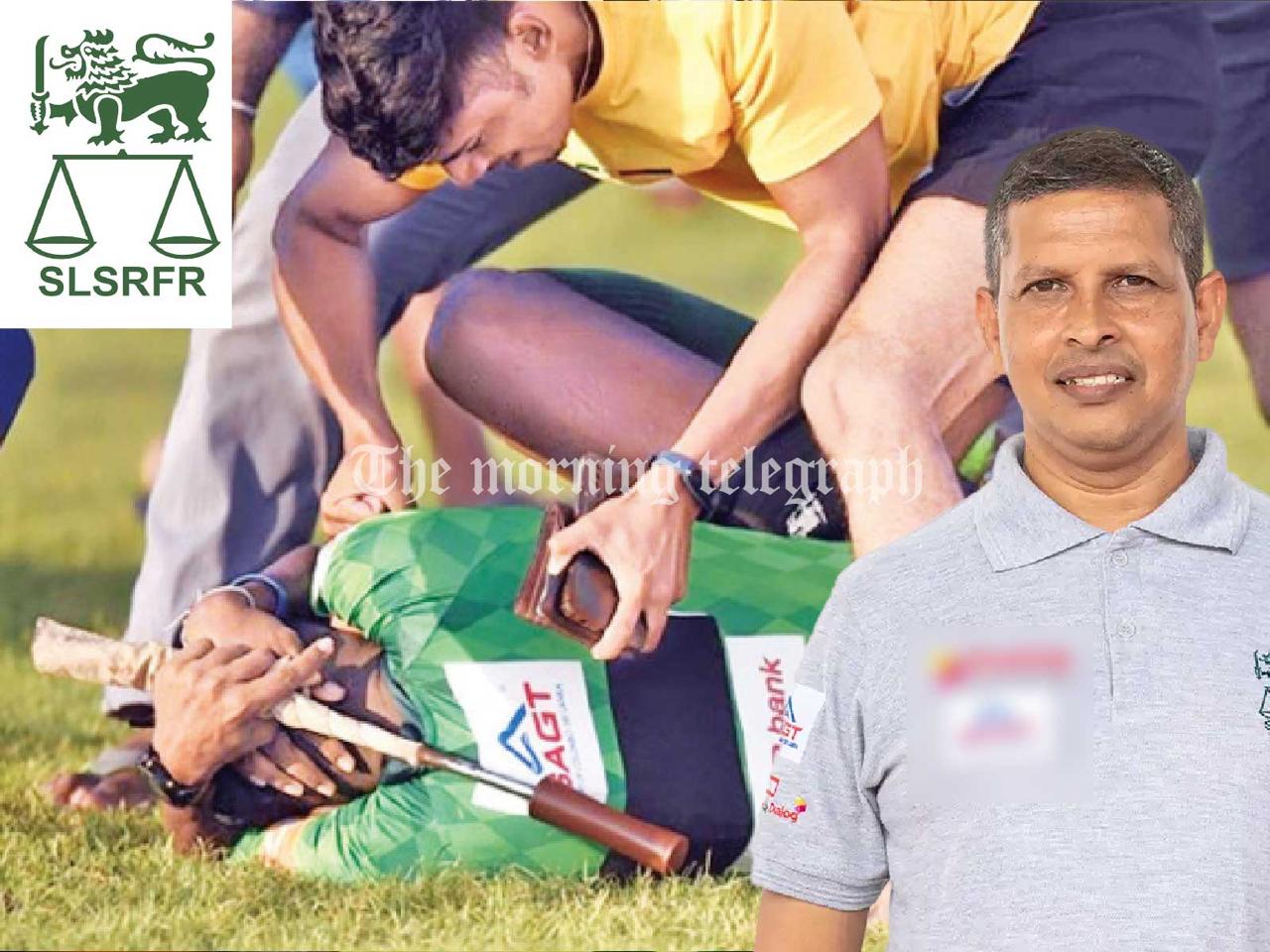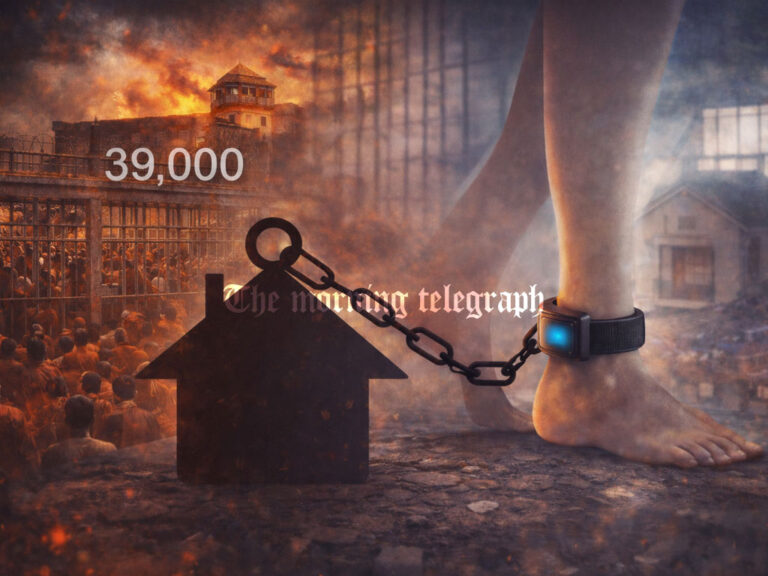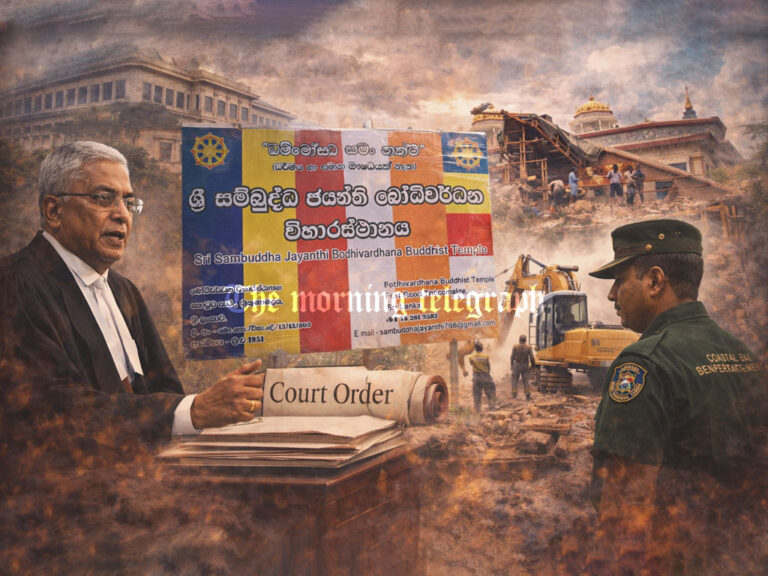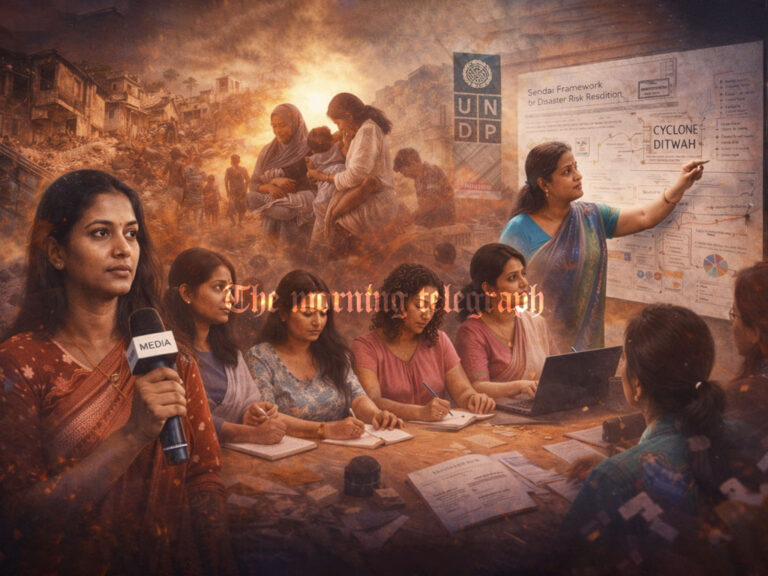
Colombo, July 4, 2024 – The Sri Lanka Society of Rugby Football Referees (SLSRFR) has expressed deep disappointment and concern following the violent aftermath of the recent schools’ rugby match between S. Thomas’ College and Science College. The incident, which saw the referee and touch judges being physically assaulted by disgruntled spectators after a last-minute try was disallowed, has severely impacted plans to bring in referees from New Zealand to coach and assist their Sri Lankan counterparts.
The President of SLSRFR, Dinka Peiris, shared a message he received from the Bay of Plenty (BOP) Rugby Manager in New Zealand, which underscored the gravity of the situation:
“I trust you’re well. I was deeply disappointed to witness the recent incidents in Sri Lanka school rugby. I want to express my strongest support for you, Anil, and the entire team of referees.
The behavior displayed by players and supporters is absolutely unacceptable. Referees dedicate their time and effort to ensure a fair and safe game for young players. Abusing them discourages others from taking on this role, which is a major concern considering the current referee shortage.
It’s clear that fostering sportsmanship and respect for officials needs to be a priority. School players, parents, and coaches should all be held accountable for upholding these values. Strong consequences are necessary to address such actions.
It is apparent that sending referees from NZ isn’t ideal at this stage until we manage this situation. I was made aware of this situation by BOP Rugby Manager who has been carrying out research on SL rugby. As I mentioned before, perhaps we focus on short-term goals (education programs) like workshops for players, coaches, and even the public could be incredibly beneficial. In New Zealand, pre-season workshops significantly reduced referee abuse. Additionally, utilizing social media for educational campaigns and implementing a transparent judiciary system similar to ours for red cards could be transformative.
I’m happy to share specific examples of our programs in New Zealand and how they’ve impacted referee abuse. We had great success in New Zealand by implementing workshops focused on player and coach behavior, particularly during the preseason.”
Peiris added that the SLSRFR had been in advanced negotiations to bring two referees and two educators from New Zealand to Sri Lanka to work with local referees and the Training & Development team led by Mr. Dilroy. This initiative was aimed at enhancing the skills and exposure of local referees during the school’s league. Peiris had even secured preliminary financial support from Sports Minister Harin Fernando.
“Just imagine the value these officials from New Zealand could have added to our tournament. Their presence would have brought a new level of glamour and experience, benefiting not only our referees but also players and coaches. Unfortunately, due to this incident, all these plans are now in jeopardy,” Peiris lamented.
The recent violence is not an isolated incident in Sri Lanka’s school rugby history. Similar instances have marred matches in the past, such as the 2016 brawl between Royal College and St. Joseph’s College and the 2013 clashes during the Trinity College vs. St. Peter’s College match. These recurring issues highlight the urgent need for robust security measures and a cultural shift towards respecting the rules and decisions made during the game.
The SLSRFR’s decision to halt officiating school matches until July 15 aims to provide referees with much-needed recovery time, both mentally and physically. Moreover, Science College has been excluded from the tournament until July 2, 2025, and any matches at the Air Force Grounds, Ratmalana, will not be officiated by SLSRFR due to inadequate security arrangements.
Peiris emphasized the importance of collective action to uphold the integrity and reputation of Sri Lanka Rugby. He called on all stakeholders, including supporters and spectators, to contribute to creating a safer and more respectful environment for the sport.




